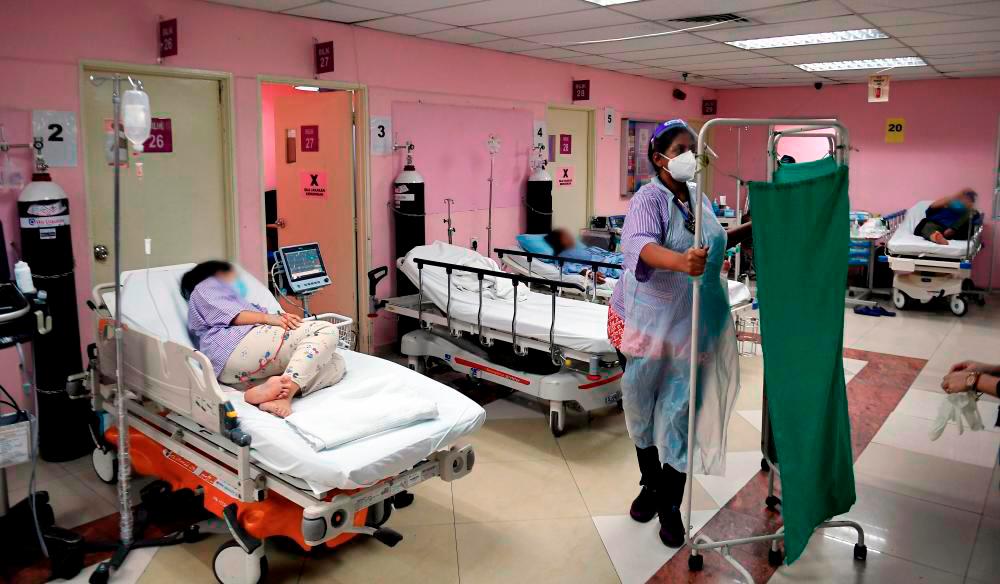KOTA KINABALU: A total of 44 cases of melioidosis were recorded in Sabah as at the 14th Epidemiological Week (EW) this year, said Sabah Health director Datuk Dr Asits Sanna.
He said it was an increase of 12.8 per cent compared to the number of cases reported in the same EW last year, which was 39 cases.
The six districts with the highest reported cases of melioidosis are Sandakan (12), Kota Kinabalu (11), Papar (5), Penampang (5), and two cases each in Sipitang and Keningau, he said in a statement here today.
Commenting on the viral message on Facebook regarding Environmental Control for the Infectious Disease of Melioidosis at the rugby field in Tanjung Aru, Kota Kinabalu, he said his party confirmed a case of melioidosis in the locality which was notified on March 11, 2024.
“Soil samples were taken in the locality based on the movement of cases that had played rugby on the rugby field.
“One sample was found to be positive with the bacteria Burkholderia pseudomallei which is the causative agent of melioidosis. The patient had a history of having a wound on his leg while playing rugby which may have caused the infection to him,“ he added.
Asits said melioidosis is a type of disease caused by Burkholderia pseudomallei bacterial infection found in water and soil.
He said humans can become infected with this disease when directly exposed to soil and water sources contaminated with the bacteria. Infection often occurs especially during the rainy season.
“Transmission of infection can occur through the respiratory tract (dust or droplets of contaminated water), drinking contaminated water or through wounds on the skin.
“The high-risk groups are those who suffer from chronic diseases such as diabetes, liver disease, kidney disease, thalassemia, cancer or other low immunity conditions,“ he said.
He said among the symptoms that may be experienced are such as high fever, joint pain, cough, chest pain, scabies, boils, pus, headache, lack of appetite, and feeling lethargic throughout the body.
The disease can be treated by using certain antibiotics, and early treatment with antibiotics is necessary to prevent patients, especially those at high risk, from getting more severe infections and avoid death, he added.









